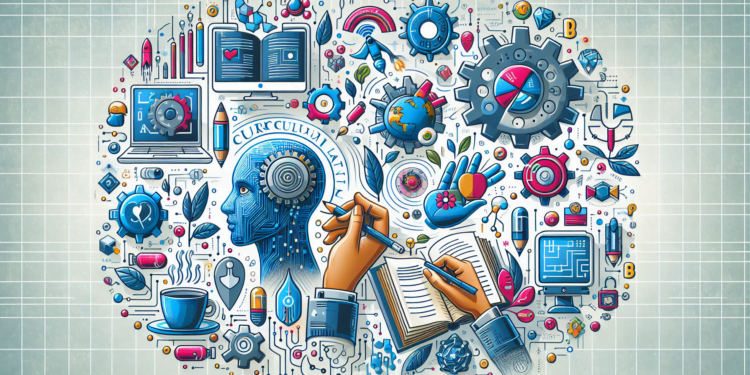Curriculum Learning (CL), a concept based on the analogy of the human educational process, proposes a training methodology for Artificial Intelligence that involves the gradual presentation of difficulties during the learning process. This strategy, inspired by educational psychology, has proven effective in accelerating the convergence of complex algorithms and in improving the generalization of deep learning models.
Theoretical Foundations and Operation of Curriculum Learning
The pillars of CL lie in cognitive learning theories, where the structure of knowledge presentation affects retention and comprehension. In terms of machine learning, CL orchestrates a training sequence where tasks progressively increase in complexity. This involves ordering the data or training tasks on an ascending spectrum from simplest to most complex, optimizing the hypothesis space that deep learning models must explore.
Recent Advances and Algorithms in CL
Recent research has incorporated into CL elements such as curriculum weighting and generative adversarial networks (GANs) to automatically generate curriculums. Algorithms like Self-Paced Learning and Teacher-Student Curriculum Learning (TSCL) are clear examples of CL evolution. TSCL, in particular, relies on a ‘teacher’ model to guide the learning of the ‘student’ model, thus creating an adaptive scheme that assesses the student’s competence and dynamically adjusts task difficulty.
Practical Applications: Case Studies
The application of CL has shown promising results across multiple domains: in computer vision, grading the complexity of images has significantly improved the accuracy of visual recognition systems. In natural language processing (NLP), CL has enabled more efficient training of linguistic models, progressing from simple text comprehension tasks to the interpretation of more complex contexts.
Comparison of CL Against Conventional Methods
Compared to standard training, CL has proven to minimize stagnation effects in local minima and improve model generalization, thereby avoiding overfitting. Comparative studies indicate that CL can reduce the number of examples required for effective training, which implies a more efficient use of computational resources and acceleration in training time.
Future Projection and Possible Innovations
Looking to the future, it is expected that CL will integrate techniques from meta-learning and transfer learning to structure curriculums that adapt the complexity of learning in real-time, based on continuous performance feedback from the model. This could result in AI systems that rival human capacity to learn more autonomously and contextually.
Ultimately, Curriculum Learning represents not only a technical advance in learning efficiency for AI models but a more holistic and organic approach to the paradigm of how machines acquire and process knowledge, drawing closer to the natural patterns of human learning.






















